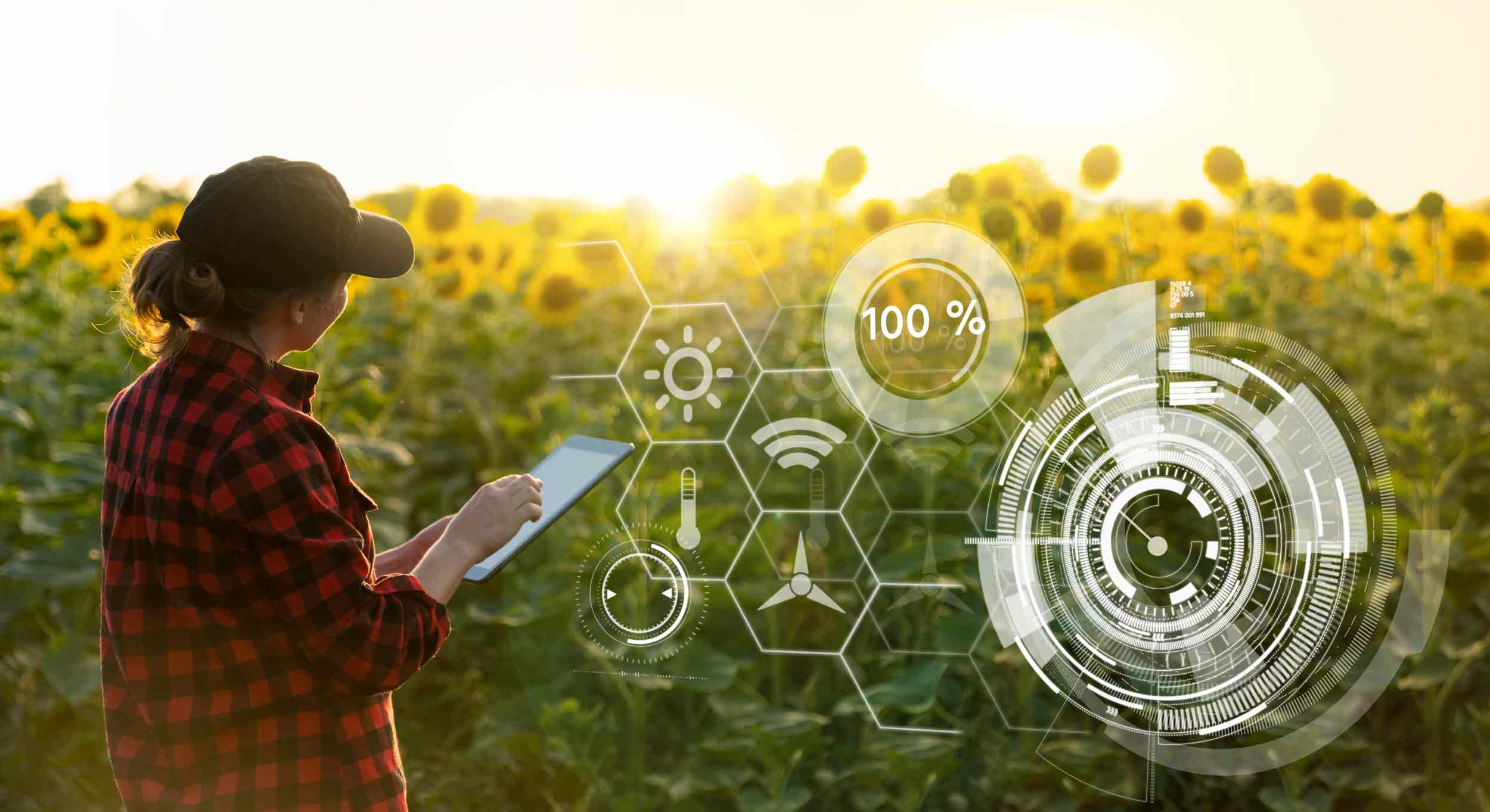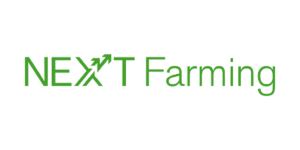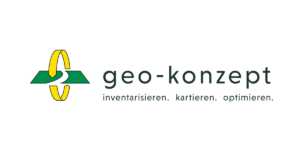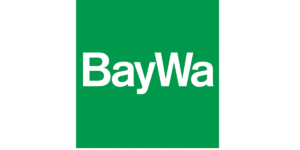
Smart Farming and IoT in Agriculture
| Language: | Englisch |
| Location: | München, Remote |
| Duration: | 12 days in 11 weeks |
| Start: | Fall 2024 |
| Cost: | 3.245 € |
Gain a profound understanding of Smart Farming technologies and the digital transformation of agriculture.
Digital transformation is shaping agriculture. Professionals with a sound understanding of the agricultural sector and the underlying technologies are more critical than ever. Our certificate program makes it possible to differentiate between precision, smart, and digital farming. We also provide an in-depth overview thanks to a focus on a common language, precise terminology, and a solid theoretical foundation. At the same time, you will be provided with the necessary skillset, practical exercises, and in-depth insights into emerging technologies.
Discover the innovative future of agriculture. Learn more about our Smart Farming certification program here or reach out to our contact person.
Quick Info
Benefits
Our Smart Farming certification program not only provides you with comprehensive expertise but also allows for direct application within the dynamically evolving agricultural technology industry.
-
Comprehensive Understanding
The course provides a profound understanding of Precision, Smart, and Digital Farming. You develop a clear understanding of the fundamental technologies of agricultural digitization.
-
Top instructors from TU Munich
Learn from our highly qualified university instructors at the Chair of Agricultural Systems Engineering how the future of the agricultural sector will unfold—both through a solid theoretical foundation and practical exercises & peer coaching.
-
Blended Learning Course Format
You gain theoretical knowledge and practical experience with the latest technologies on-site. The presence phase also fosters valuable networking.
Program Overview
You can find all the important information about the certificate program here. Below you can find out the objectives of the program, the exact details of the process, what you will learn and which lecturers will teach you the content.
Aims of the certificate course
In our commitment to continuously support professionals throughout their careers, we place a strong emphasis on research-based further education. This course will equip you with the skills to shape agriculture in line with the demands of digital transformation. Emphasizing clear communication, precise terminology, and a solid theoretical foundation, the course provides a comprehensive overview. Focusing on the theme of IoT in agriculture, you will develop an agricultural IoT system from sensor integration to dashboard creation. Engaging with essential technologies fosters a deeper understanding of the current and future possibilities, as well as the practical limitations of these technologies in agriculture.
Details
| Program: | Smart Farming and IoT in Agriculture |
| Graduation: | Upon completing the final presentation, you will receive the certificate “Smart Farming and IoT in Agriculture” from the Technical University of Munich. |
| Academic responsibility: | Prof. Dr. Heinz Bernhardt, Alexander Holleitner, Walter Schottky Institute and Physics Department, Chair of Nanotechnology and Nanomaterials, Technical University of Munich |
| Target audience: | Professionals in the “Agri-Business” and related industries at the intersection of business and technology, seeking to expand their knowledge of Smart Farming technologies and the digital transformation of agriculture to recognize and implement their potential in their work environment. |
| Participation fee: | 3.245 Euro* |
| Language: | English |
| Discounts: | 10% discount for TUM alumni and members or employees of our strategic cooperation partners. |
| Dates: | 15.10.2024 Virtual Kickoff 25. – 27.10.2024 On-site welcome weekend 05.11., 19.11., 03.12., 17.12.24, 14.01.25 online sessions 25. – 27.01.2025 On-site graduation weekend |
| Study location: | Online and on-site (Munich) |
| Format & Timing: | Part-time, blocks, presence & digital |
| Admission requirements: | Participants should have a basic understanding of agriculture. They should have access to a Windows PC with admin rights and a smartphone. |
* Based on our experience, the German tax benefits help many participants self-finance their education, as these can be worth up to 50 % of tuition fees and program-related travel costs. Please consult your tax advisor for more details. For participants of our programs residing outside Germany, this might be applicable; please check the situation with the local tax authorities in your country of residence
Lecturers
| Prof. Dr. Heinz Bernhardt, Agricultural Systems Engineering, TUM School of Life Sciences | Maximilian Treiber, Agricultural Systems Engineering, TUM School of Life Sciences |
| Simon Grebner, Agricultural Systems Engineering, TUM School of Life Sciences |
Structure
Module 1: Kick-off weekend in Freising
Day 1
- Buzzwords of Smart Farming
- Introduction into IoT
- UAV (Unmanned Aerial Vehicles) in agriculture (fly drones)
Day 2
- GNSS (Global Navigation Satellite System)
- FMIS & application maps
Day 3
- field trip
Module 2: Online Live Sessions
Block 1
- GPS & Automatic Guidance Systems
- Terminal Simulator
- Farm Management Information Systems
- Robotics
Block 2
- Introduction to IoT & IoT Stack
- Computer Hardware for Beginners
- Binary Systems & Exercise
- Sensors/Microcontrollers/BUS-Systems
- Sensor Nodes
- Integration of Sensor & your Arduino Board
Block 3
- Connectivity
Block 4
- Middleware
- Middleware Exercise
- Server Installation & Configuration
Block 5
- UI, UX, Visualization & Dashboards
Module 3: Graduation weekend in Freising
Day 1
- Variable rate application in practice (drive real tractors)
- Telematics & IoT Ecosystems
- IoT project presentations
Day 2 & 3
- field trip
Overview of Course Contents
Gain insight into our certificate program Smart Farming and IoT in Agriculture through a recorded webinar by one of our instructors from 2022.
Testimonials
Partners

Your contact
Anja Branković
Program Manager
Phone: +49 (89) 289 – 28479
E-Mail: smartfarming.epe@lll.tum.de




